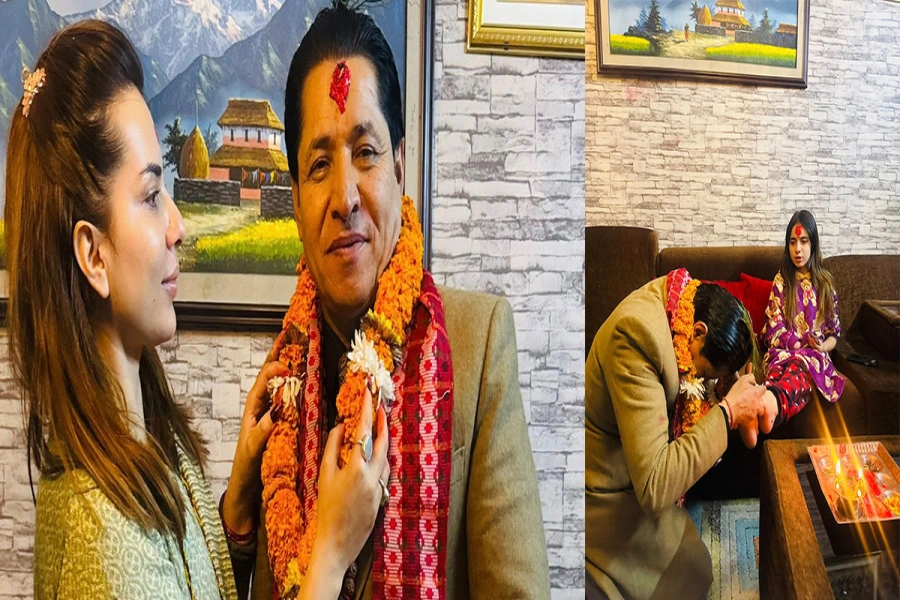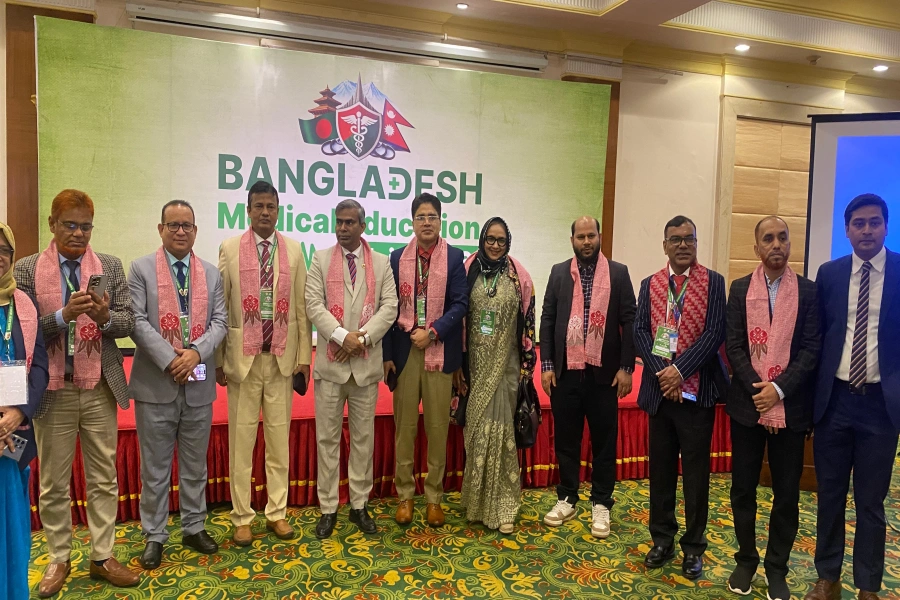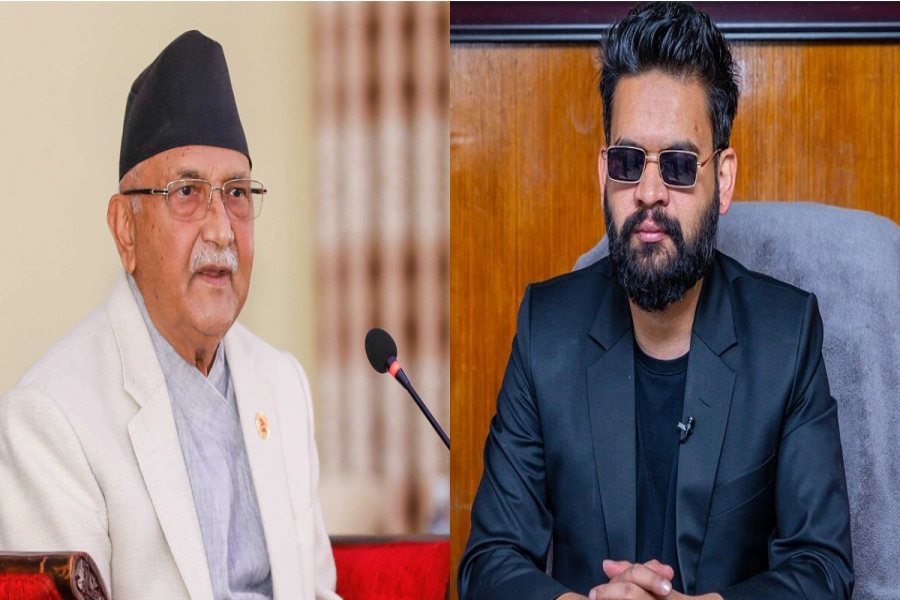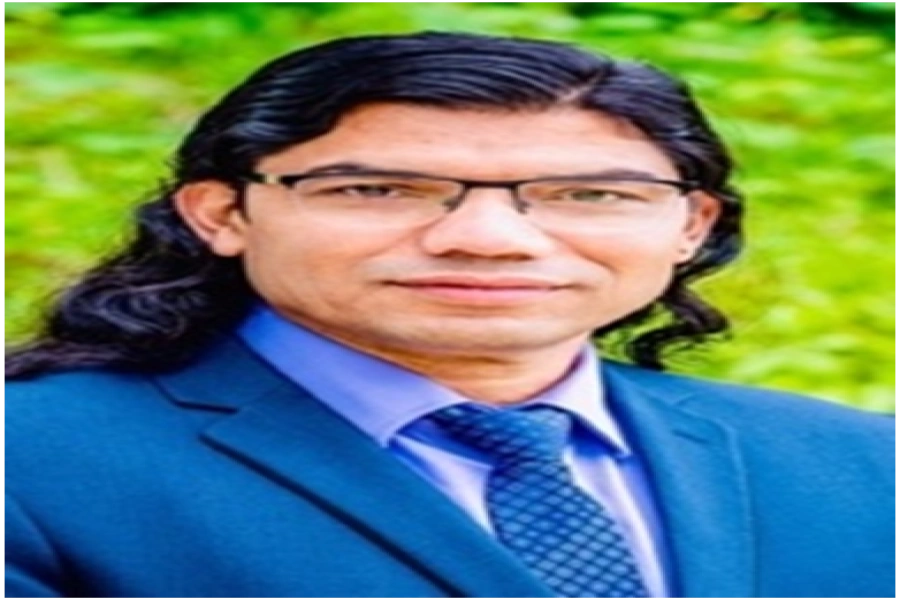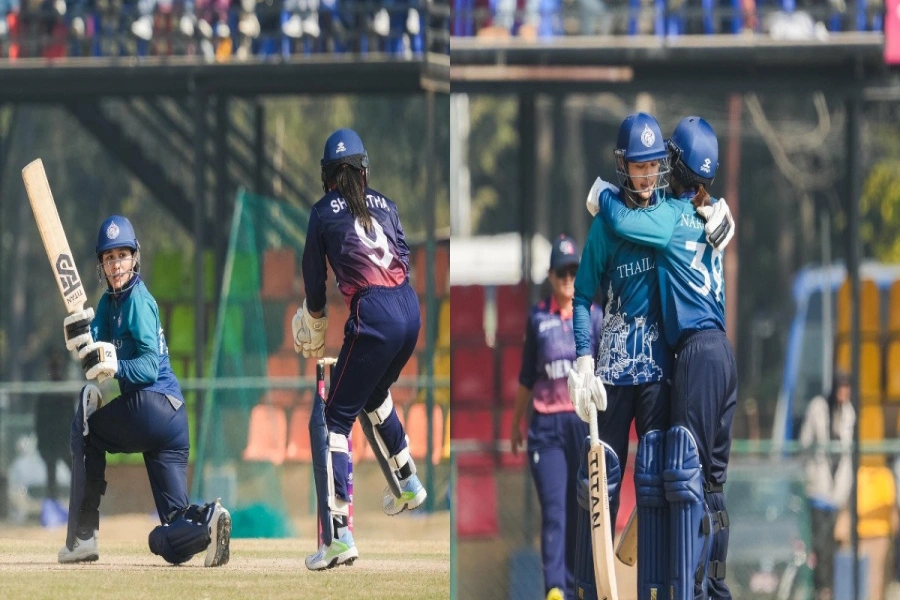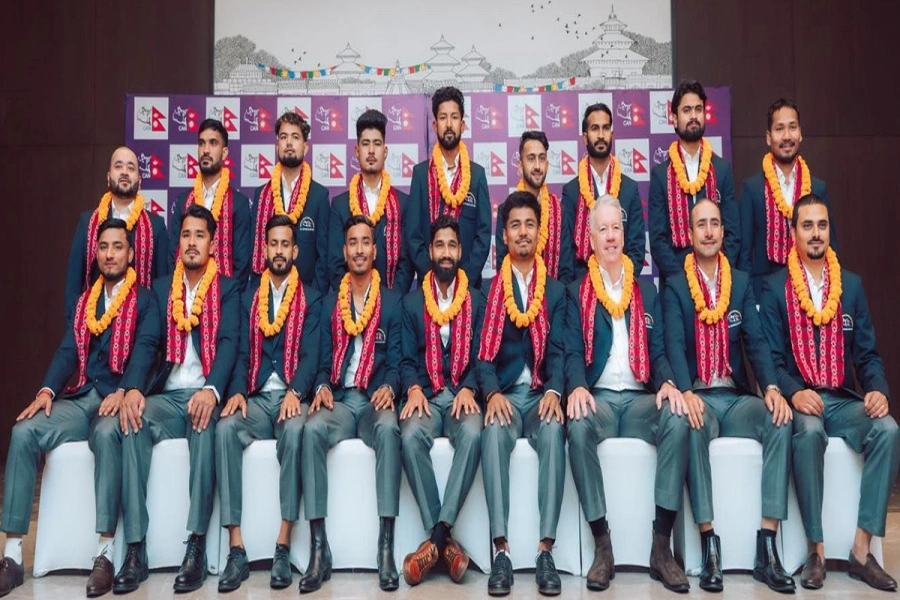In a deeply hierarchical society where the most vulnerable rape victims are likely to face aggression from police officers, baying for blood diverts the attention from the real issue
It is a Monday afternoon in the women’s cell of a District Police Headquarters in Tarai. A single officer is behind the desk, calm and seemingly unperturbed by the large number of people coming in with complaints. Her response to most people’s one-line summaries of their grievances is: “Go to the local office. If you aren’t satisfied there then come here, okay?” She speaks kindly, and even when it is clear that the complainants are annoyed, wanting their problems addressed there and then, they nod politely and leave. In a rare moment of quiet, my colleague and I ask the officer about rates of reportage of rape in the district, having heard from various local residents of the area that the number of rape cases in recent years has increased significantly.
“Seventy five percent of the cases that come to us are fake,” the officer says, firmly. “There are lots of things going on, property disputes, fights between couples, resentment against people. Many women will happily tear their saris themselves and come to us screaming rape. It’s all nonsense.” Appalled by her insinuation that poor Madhesi women are savages willing to do anything for money or revenge, we ask her how she differentiates between “fake” and “authentic” cases.
“We can see if it is a real case depending on how bruised the woman is and whether she agrees to a medical examination or not. If she was actually raped, why would she refuse a medical examination? I have been doing this job for a long time now. And I can immediately tell if someone is lying about rape.” It is clear from this conversation with the officer that she, and presumably many like her, have a singular understanding of rape. It involves violent penetration, the woman, if she is “truly a victim,” must have put up with a physical fight resulting in a bruised body. She must be willing to prove that she was actually harmed by agreeing to every invasive physical procedure and line of questioning that the officer deems necessary. It is also clear that the officer is inclined to disbelieve victims, looking for signs that the complainant is lying and not seeking justice, but out to cause trouble.
Should rapists be killed?

Imagine an “imperfect victim” coming to this police station. She has been violated, though not penetratively, by her husband or someone she knows closely. She didn’t “fight back,” many women who are assaulted are rarely able to, and her body has no scratches, no physical evidence of hurt. She is unable to perform her trauma in a way that the officers find satisfactory and does not want to be immediately physically examined in the aftermath of unimaginable mental and physical shock. This woman will immediately, for the officer, be part of the “75 percent of cases that are fake” and will have no chance of getting justice from the government. For women who feel able to report weeks, months and years after the violation has occurred, the picture looks even bleaker.
Laws are not enough
In 2015, the government amended existing laws to define rape as “penile penetration of orifices” and “non-penile penetration of vaginas,” a broadening of a category that previously only included “minor penetration of the penis into the vagina.” This much-needed amendment allowed for the legal recognition of transgender and male victims of rape. However, significant ambiguities regarding sexual violence still remain. Supriya Manandhar notes in an article published in Record Nepal that laws do not clearly define the concept of intent to rape. If sexual misconduct takes forms other than penetration that can be proved through a medical report, unless there are eye-witnesses, it is difficult to prove. Manandhar also notes that while the statute of limitations was extended from 35 days to six months as a result of the Occupy Baluwatar movement and the most recent criminal code has extended this to one year, victims who were children when violated and want to file reports as adults, or people who are unable to take legal action within one year are unable to seek justice through the legal system.
Although the laws have moved forward (though a great deal still remains to be done), many police officers still operate on the understanding that for a rape to be “real,” forensic tests should reveal semen, blood, hair, nail scratches, and other kinds of bodily evidence. Only a “loose” woman would “allow herself to be raped” without demonstrating any signs of physical struggle. The burden of proof falls squarely on the victim, and it is her responsibility to exhibit the moral and physical characteristics befitting someone filing an “authentic report.”
Baying for blood
In a climate where holding a perpetrator accountable is an extremely difficult task and rates of conviction are alarmingly low, it is baffling that conversations about addressing the problem are largely limited to the rabble-rousing rhetoric of “death to the rapist!” In the aftermath of the horrific rape and murder of 13-year-old Nirmala Panta in Kanchanpur, parliamentarians from various political parties have made demands to introduce death penalty for rapists. The moral and ethical questions surrounding capital punishment aside, there is good reason to believe that death penalty for rape is not actually an effective strategy to deter rapists. As a lawyer Vrinda Bhandari points out in an article about rape law in India, introducing capital punishment for rapists is likely to have the opposite effect of deterrence. ‘The result of introducing the death penalty for child rape would be that the law now provides an incentive for the perpetrators to rape and then murder their victim,” she writes. “After all, it eliminates an incriminating and often solitary witness to the crime at no additional cost.”
In addition to this, death penalty is also likely to make victims even more hesitant to report cases, since the fear of dire consequences on the perpetrator may increase the pressure on the victim to remain silent. In cases where the perpetrators are powerful men—upper caste, wealthy, and with good political leverage—victims are already unable to take action. With the introduction of death penalty, there is a reason to believe that impunity will only increase further.
Inadequate legal mechanisms in addressing rape is not a problem unique to Nepal. Victims of sexual assault all over the world are often re-traumatized by the very mechanisms that are supposed to protect them. However, in a deeply hierarchical society where the most vulnerable victims are likely to face aggression from police officers and the rape of lower caste and class women is hardly ever a source of public rage, baying for blood diverts the attention away from the real issue: creating mechanisms that protect the life, liberty and dignity of survivors and prevent occurrences of heinous crimes again and again.
Meaningful change is possible, and it will not happen from episodic cries to kill all rapists that grab headlines every time a tragic high-profile case occurs. We need to recognize the fact that rape is routine in the sexual cultures we inhabit, a tool of caste and class terror, and sexual violence requires a long-term solution that involves fundamental cultural changes. Rather than directing rage towards quick-fixes that are likely to do more harm than good, a multi-leveled approach is necessary that encompasses the police, judiciary, government officers, and most importantly, society at large.
The author recently completed a degree in anthropology and religion from Swarthmore College, Pennsylvania
lal.abha.96@gmail.com





